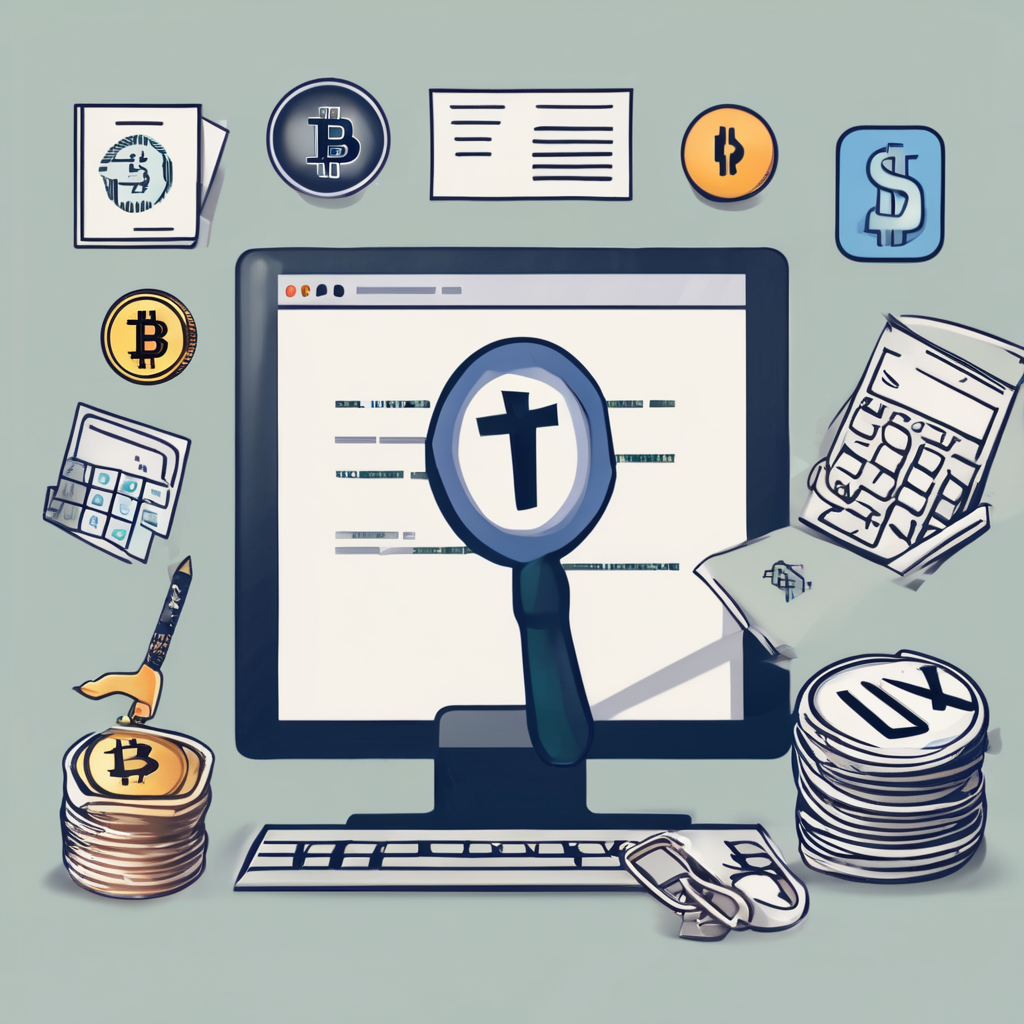Crypto tax software has become an essential tool for anyone trading, investing, or earning in the cryptocurrency world. With regulations tightening globally and tax authorities stepping up enforcement, having reliable software can help you remain compliant, save time, and reduce errors—all with less stress during tax season.
Why Crypto Tax Software Is Vital in 2025
Tracking crypto activity manually is almost impossible for most people. Whether you’re swapping tokens, staking, or flipping NFTs, each move can trigger a taxable event. Many countries—including the US, UK, Canada, Australia, Japan, and India—require meticulous reporting for all crypto transactions, from regular trades to airdrops and staking rewards.
If you ignore these obligations, you risk audits, penalties, or worse. Crypto tax software automates the process: it connects to your wallets and exchanges, imports all transactions, applies local tax rules, and generates ready-to-file reports. Instead of wrestling with spreadsheets, you get clean, accurate summaries tailored for your jurisdiction.
Main Benefits of Crypto Tax Software
- Automates transaction tracking across multiple wallets and exchanges
- Reduces errors and saves countless hours
- Produces reports compliant with local tax authorities (e.g., IRS, HMRC, CRA)
- Supports complex transactions—DeFi, NFTs, staking, and more
- Enhances data security and privacy
- Offers real-time portfolio tracking for better financial planning
Top 7 Crypto Tax Software Tools for 2025
After reviewing the leading options, here are the best tools to consider for your crypto tax software needs:
Koinly
- Supports 700+ exchanges and blockchains
- Automated API and CSV imports
- IRS/HMRC-ready reports
- Real-time portfolio insights
- User-friendly dashboard with advanced options for pros
Cons: Advanced features require higher-tier plans, and complex DeFi cases may need manual review.
CoinLedger
- Handles trades, DeFi, staking, and NFTs
- API/CSV integrations
- Supports IRS Form 8949 and connects with major tax services
- Tiered pricing based on transaction volume
Cons: Crypto payment not supported, and some manual adjustments may be required.
CoinTracker
- Integrates with top exchanges like Binance and Kraken
- Mobile app for tracking on the go
- Supports multi-country reporting and accountant collaboration
Cons: Customer service is limited, and costs rise with high transaction volume.
CryptoTaxCalculator
- Advanced DeFi, NFT, and staking support
- Manual transaction edits
- Multiple accounting methods (FIFO/LIFO)
- Widely accepted international reports
Cons: Steep learning curve for beginners.
TokenTax
- In-house tax experts for support
- Great for high-volume and complex cases
- IRS-compliant reports
Cons: More expensive and less beginner-friendly.
Blockpit
- Combined tax and portfolio dashboard
- Real-time liability insights
- Easy integration with multiple exchanges and wallets
Cons: Limited for advanced DeFi/NFT tracking.
ZenLedger
- Strong customer support and audit assistance
- Comprehensive DeFi, staking, and NFT features
- IRS Form 8949 reporting
Cons: Prices rise significantly with high transaction counts.
How Does Crypto Tax Software Work?
These platforms link to your crypto wallets and exchanges using API keys or CSV files. They automatically:
- Import and categorize all transactions (trades, swaps, staking, NFT sales)
- Convert transactions into your local currency using accurate market rates
- Detect internal transfers to prevent double-counting
- Apply country-specific tax rules (FIFO, LIFO, or average cost)
- Generate compliant, ready-to-file reports for your tax authority
This automation minimizes risk, saves time, and makes reporting far more accurate. For further reading on crypto taxation rules, check out the IRS Virtual Currencies Guide.
Key Features to Look For
- Multi-exchange and wallet integration for all major platforms
- Support for DeFi, staking, and NFTs
- Jurisdiction-based reporting (e.g., IRS, HMRC, ATO, CRA)
- Robust security and privacy protocols
- Easy report export and filing options
- Responsive customer support
The Future of Crypto Tax Software
As cryptocurrency regulations evolve, crypto tax software will continue advancing. Expect smarter tools, better automation, and wider support for emerging digital assets like NFTs and DeFi. Integration with banks and accounting systems may soon become the norm, increasing convenience and compliance for both individuals and businesses.
Frequently Asked Questions
What is crypto tax software?
A tool that collects crypto transaction data, calculates your gains/losses, and creates tax reports for filing with your jurisdiction’s authorities.
Do I need crypto tax software if I only made a few trades?
Even a handful of trades can trigger taxable events. Using crypto tax software ensures accuracy and compliance, no matter the volume.
Is crypto tax software secure?
Reputable tools offer strong encryption, read-only API keys, and robust privacy policies to protect your data.
Conclusion
Staying compliant with crypto taxes in 2025 doesn’t have to be a headache. Crypto tax software empowers users to track, report, and plan efficiently—no matter how complex their portfolio. With automation, smarter features, and broad support, these tools are a must-have for any crypto enthusiast.




